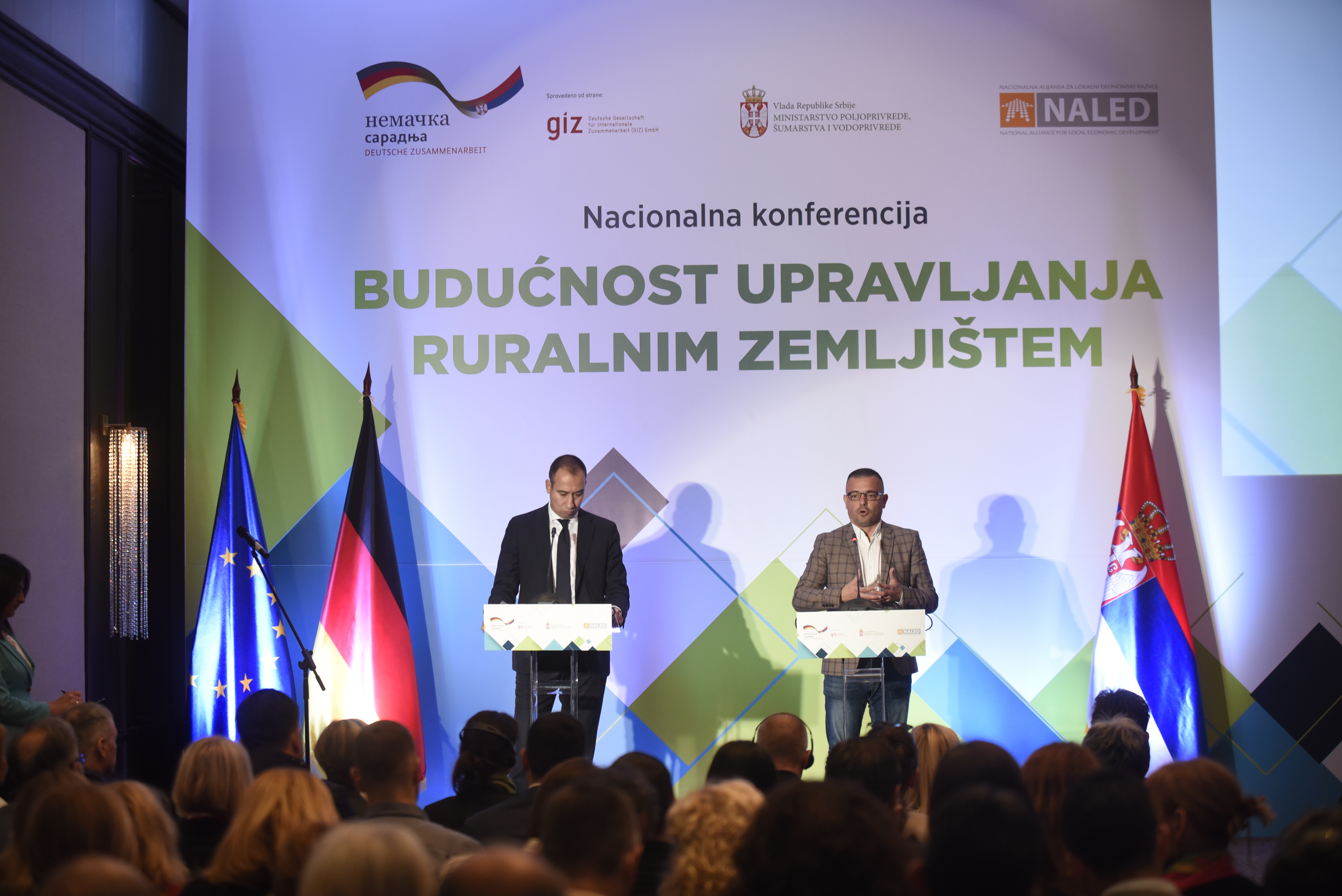The disputed Law on Cooperatives blocks about 60,000 hectares of agricultural land
Although no previously valid and currently valid Law on Cooperatives or other law provides for the right of newly established cooperatives to request the return of property legally acquired by legal entities and accordingly registered that property as their private property, there are still more than 160 disputes before the first instance courts in 50 local governments, the Ministry of Finance and the Administrative Court, which prevents the current owners from free use of the property they have legally acquired.
Analysis by NALED's Property and Investment Alliance showed that article 95 was particularly problematic. Not just that it gives existing cooperatives the opportunity to reclaim the former cooperative property on which the right of use exists, but it also offers the newly formed cooperatives the opportunity to initiate the same procedure within two years of its establishment with a simple condition: that they were founded in the same area as the former cooperatives whose property they are seeking.
As the legislator did not envisage clear and unambiguous solutions for the forthcoming privatization when passing the disputed provisions, in a large number of procedures for returning property, municipal authorities made decisions on confiscation of agricultural land and facilities that private companies have conscientiously bought and acquired. At the same time, both the appeals submitted to the Ministry of Finance and the lawsuits submitted to the Administrative Court were decided in a contradictory and uneven manner, thus creating great legal uncertainty.
As the disputes are conducted according to Article 95, which remained in force from the previous Law on Cooperatives, changes to that law are no longer possible. That is why NALED sees the solution in the urgent adoption of an authentic interpretation of the National Assembly on the disputed article, which would ensure uniform institutional and judicial practice and guarantee the owners the inviolability of the right to private property. In this regard, we believe that Article 95 should be understood so that the request for restitution can be adopted only if the cooperative proves that the requested land was indeed once owned by it, as well as that it is a property that is in the regime of social or state property, that is, which was transferred to another legal entity without compensation - says the president of the NALED’s Property and Investment Alliance and the director of MK Group, Jovan Purar.
It`s not just that the Article 95 allows tendentious and arbitrary interpretations and encourages legal uncertainty, it also leaves room for various legal abuses. In practice, it has been shown that there are numerous abuses on the part of applicants for land restitution, who formed new cooperatives on the territory of the former cooperative, without any legal trace or factual or economic connection with the former cooperative and are believed to have been established solely for gaining material benefits, and not to really re-develop cooperatives and use that land for cooperative agricultural production.
The distrust in good intentions is not unfounded for a large number of applicants for repossession of property, and was confirmed by a survey conducted by NALED among local governments: newly established cooperatives usually cannot prove that they operated in the same area and performed the same activity as the cooperative whose property they are claiming prior to initiating restitution proceedings. In addition, the data shows that the subject of the request is almost always the highest quality agricultural land, whose market value ranges from 5,000 to as much as 15,000 euros per hectare.
- In order to prevent potential abuses, as well as to resolve property disputes that have lasted for more than a decade, which has led to the disputed property being blocked from further investment, its market value falling, and discouraging investors from investing in the agricultural sector, NALED proposes that when interpreting Article 95, additional conditions be introduced for the requests of cooperatives - to prove that, even before submitting the request, they were largely engaged in agricultural production, that they operated in the same area and that the property they claim is not privately owned. Otherwise, the administrative bodies will continue to make incorrect and inconsistent decisions, the proceedings will take an unreasonably long time, and the current owners will be deprived of the right to free use of legally acquired private property, which is all in direct contrast to laws in force, the Constitution of the Republic of Serbia and the economic interests of the state and society - concludes Purar.



